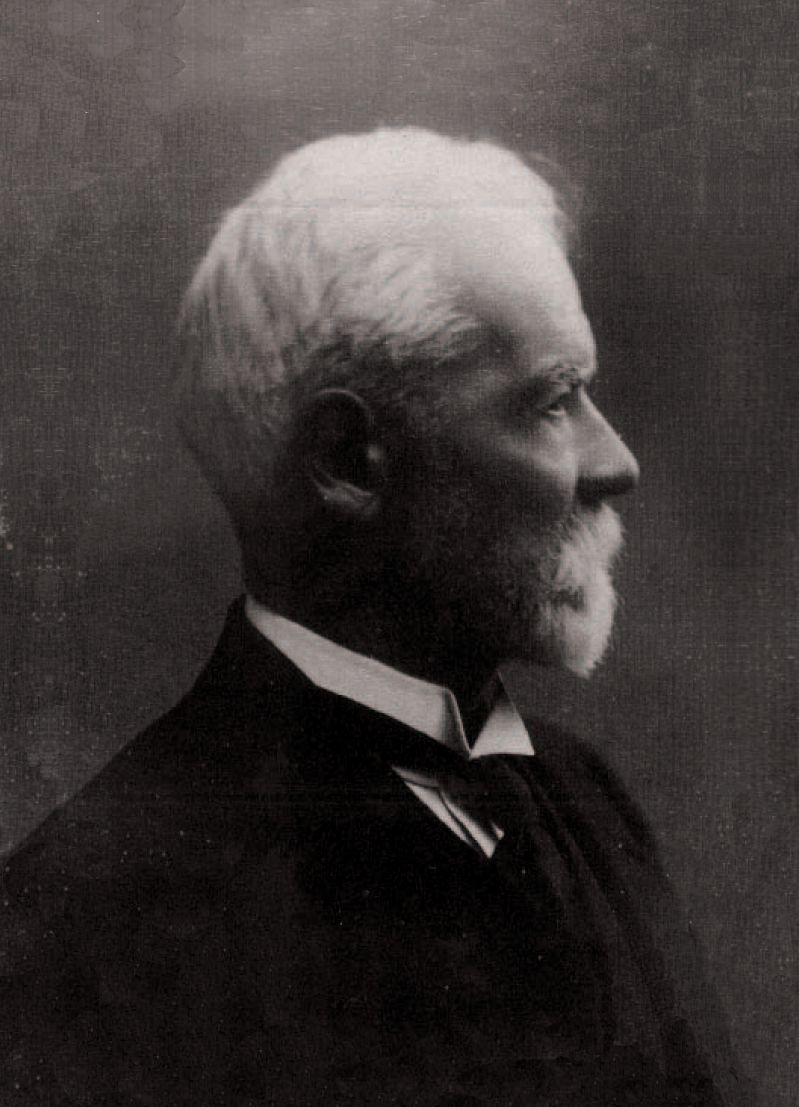Scientific Principles of Organization
Why Taylor, Fayol & Weber’s Scientific Principles of Organization Are Important to the Workplace?

From readings on historical series in the manufacturing sector, I came across works of Fredrick Taylor, Henri Fayol, and Max Weber, who all focused on contributing to the science of management.
Until now, it was not that clear to me why this was important.
Applying this helps organizations scientifically to improve in revenue, create clarity in the environment, profit, and have higher employee well-being.
Firstly, you can divide activities of a business unit into chunks of smaller parts to create structure.
Secondly, organizing management activities to make clear roles & responsibilities, which will increase output in revenue & profit.
Thirdly, create decision-making & hierarchy.
This can be applied across sectors of industries: - Schools - Colleges - Hospitals - Manufacturing industries
Taylor specifically invented newer ways of managing, which is mind-blowing! He called it the “scientific way of managing.” Taylor focused on the tasks. He applied this at Bethlehem Steel Company, bricklaying, and came up with the science of management.
Henri Fayol also invented newer ways of managing, impressive indeed! Fayol focused mostly on management activities, differing with Taylor who focused on tasks. Max Weber suggested organizing management into layers.

I think of an example from Pavoorchatram, a small trading town between Coutrallam & Tirunelveli. There are lumber mills that can apply this into cutting, polishing, with men who are raised from rural backgrounds, who have a strong sense of identity (caste) and wealth.
Processes in Pavoorchatram’s MKVK Lumbermill:
Cut Trees → Transport Logs → Scale Logs → Debark Logs → Sort Logs → Cut Logs into Cants & Flitches → Re-saw Cants → Trim Edges → Dry Lumber, Smooth Lumber → Inspect → Ship into Market.


Here’s an easy way to make the lumber-mill better: Divide every process and task and find best ways, apply standardization methods to all for employees.
Taylor’s Methods
- Science, not rule of thumb — Study, analyze each task to find the one best way to do it; this saves time.
- Harmony, not discord — Managers & workers work together, acknowledge each other’s needs.
- Cooperation, not individualism — Between managers & workers.
- Development of each person to their greatest efficiency — Select & train workers (no favoritism).
Fayol’s Methods (focused on organization of management, role of managers in planning, organizing, control)
- Division of work
- Delegation of authority and responsibilities
- Discipline
- Unity of command
- Unity of direction
- Subordination or interrelation between individual interests and common organizational goals
- Compensation package or remuneration
- Centralization and decentralization
- Scalar chains
- Order
- Equity
- Job guarantee or stability of employees
- Initiatives
- Team-spirit or esprit de corps